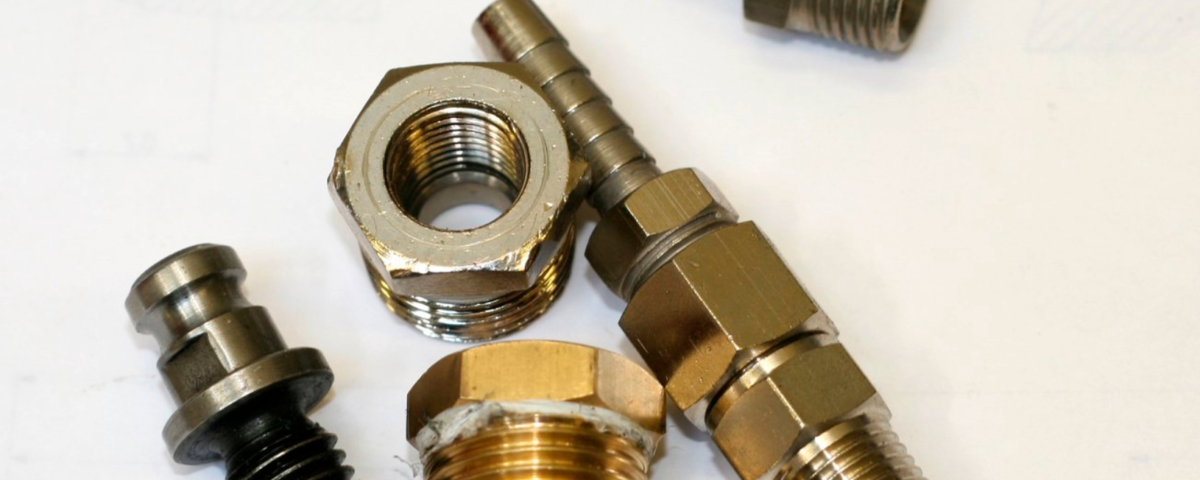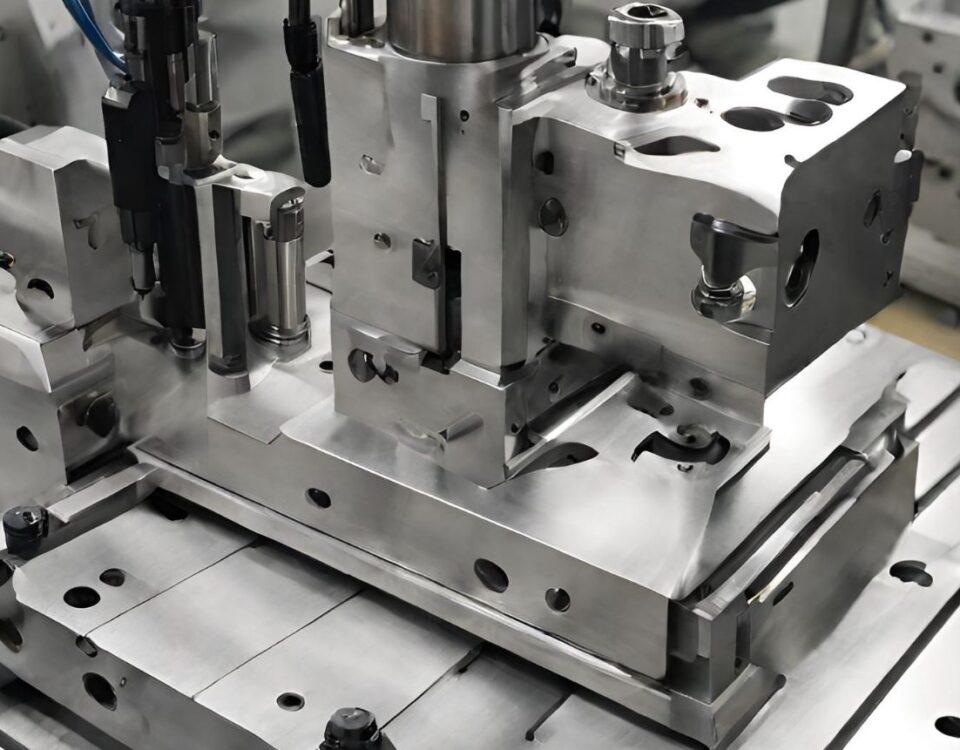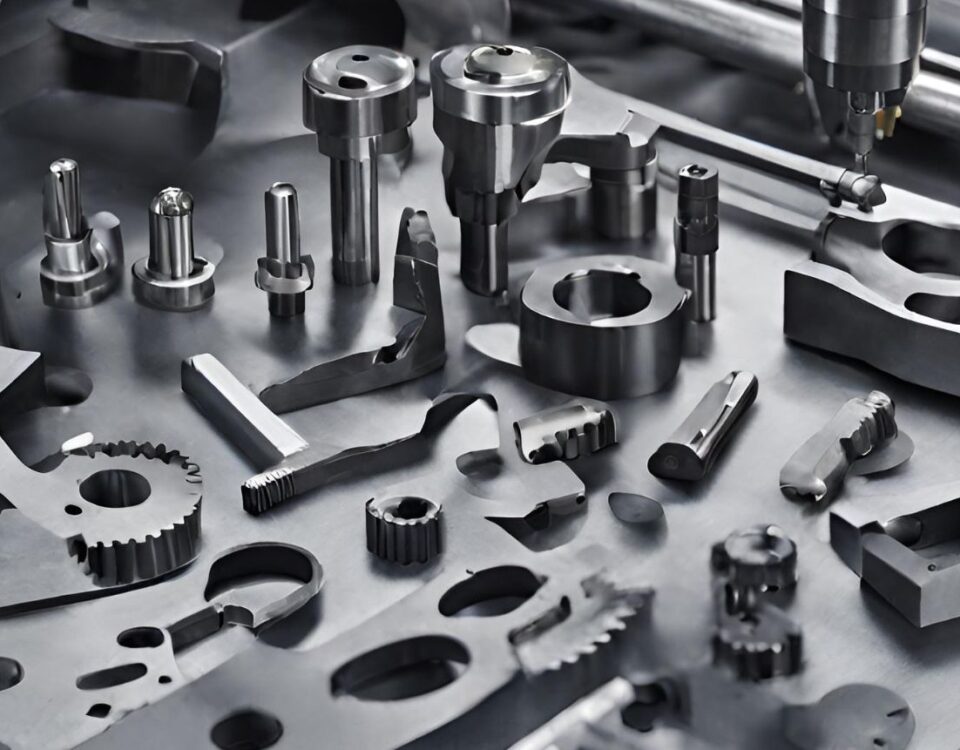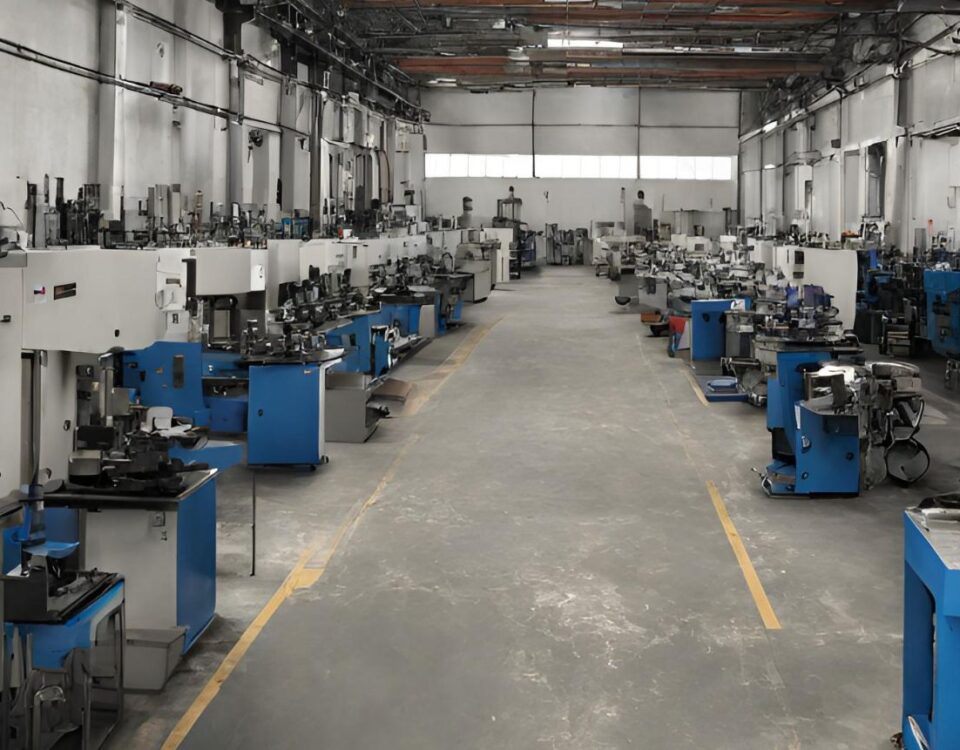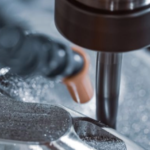
What is the Purpose of a CNC mill service?
9 January 2024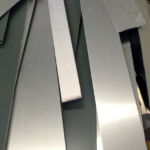
The Technique of Sheet Metal Fabrication
16 January 2024Numerous industries, including medical, electronics, aircraft, and the oil and gas industry, frequently use precision components. These components typically need very tight tolerances and long-term durability, so designing and manufacturing them requires meticulous planning that takes load restrictions and other aspects into account. Because of this, it's critical to work with a seasoned precision engineer, like Anebon, who has access to the newest equipment and outstanding industry knowledge.
Qualities of Precision Components
Qualities of precision components include:
1. Accuracy: Precision components are manufactured to extremely tight tolerances, ensuring high accuracy in their dimensions and performance.
2. Consistency: They exhibit consistent quality across large production runs, maintaining uniformity in their specifications.
3. Reliability: Precision components are designed to deliver reliable and predictable performance under varied conditions and loads.
4. Durability: They are often made from high-quality materials, ensuring longevity and resistance to wear and fatigue.
5. Customization: Many precision components can be customized to specific requirements, allowing for tailored solutions in various applications.
6. Efficiency: These components are engineered for optimal performance, contributing to the efficiency of the systems they are integrated into.
These qualities make precision components essential in industries such as aerospace, automotive, medical devices, and more, where accuracy and reliability are paramount.
How to Pick a Manufacturer of Precision Components
1. Quality Standards: Look for manufacturers with ISO certification or adherence to industry-specific quality standards to ensure consistent, high-quality production.
2. Expertise and Experience: Choose a manufacturer with a proven track record in producing precision components for your industry, demonstrating expertise and experience.
3. Customization Capabilities: Assess the manufacturer's ability to customize components to meet your specific requirements, ensuring flexibility in design and production.
4. Technology and Equipment: Evaluate the manufacturer's use of advanced technology and modern equipment, which can impact the precision and quality of the components.
5. Material Selection: Consider manufacturers that have expertise in working with a wide range of materials, ensuring suitability for your specific application needs.
6. Quality Control Processes: Inquire about the manufacturer's quality control measures and inspection processes to guarantee the consistency and accuracy of the components.
7. Supply Chain Management: Assess the manufacturer's supply chain capabilities to ensure reliability in sourcing materials and timely delivery of components.
8. Customer Support: Choose a manufacturer that offers excellent customer support, clear communication, and a willingness to collaborate throughout the production process.
By carefully considering these factors, you can select a manufacturer of precision components that aligns with your quality, customization, and production needs.
For any of your precision component needs, get in touch with Anebon.
Anebon appears to be a promising choice for precision component manufacturing. Their specialization in CNC machining may indicate advanced capabilities in producing high-precision parts. It's always wise to conduct thorough research and reach out to them to discuss your specific requirements.
Conclusion
In conclusion, understanding the components of precision in manufacturing is crucial when selecting a manufacturer. Quality standards, expertise, customization capabilities, technology, materials, quality control, supply chain, and customer support all play vital roles. By considering these components, you can make an informed decision when choosing a manufacturer for your precision component needs, such as the reputable Anebon.

